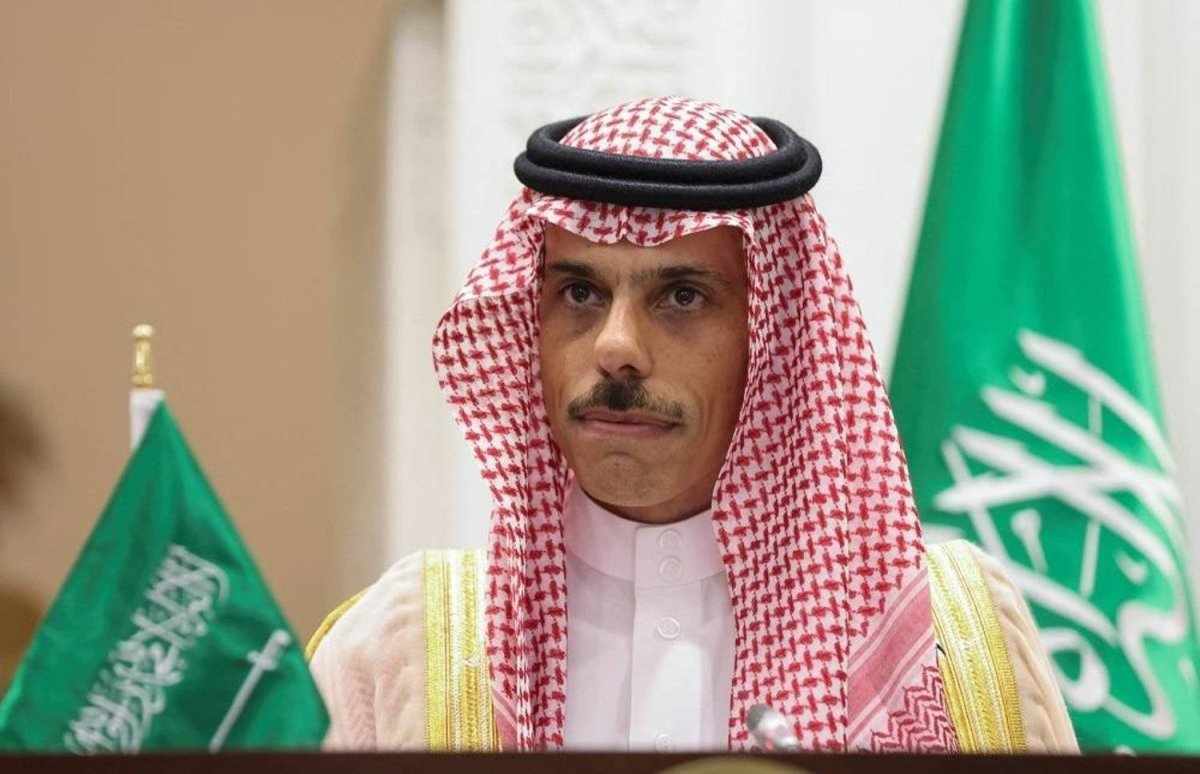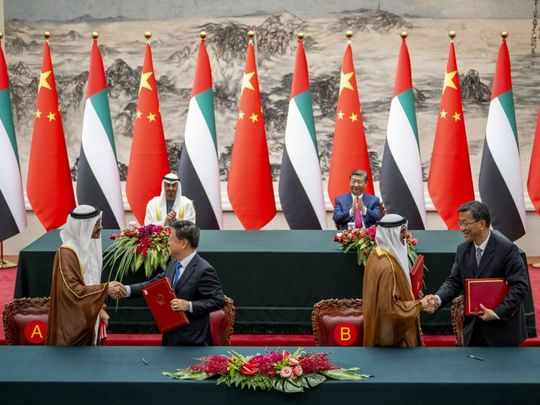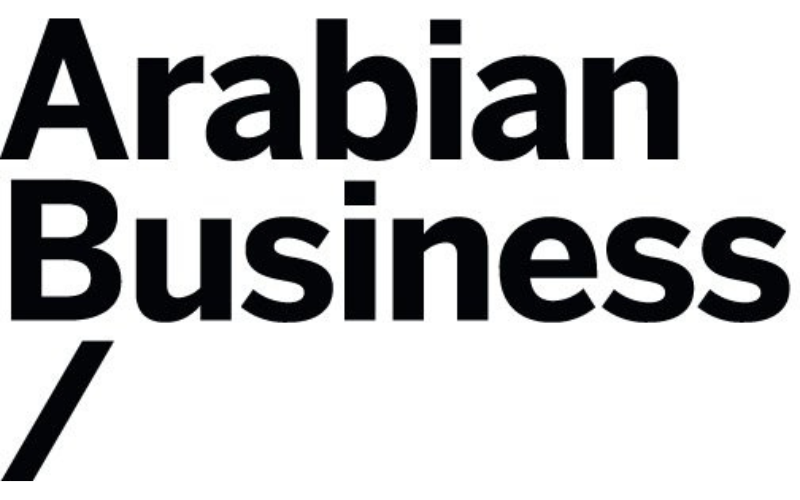PwC Middle East details six steps to develop sustainable Real Estate Markets in the region in a new report
- Date: 07-Apr-2022
- Source: Zawya
- Sector:Real Estate
- Country:Middle East
PwC Middle East details six steps to develop sustainable Real Estate Markets in the region in a new report
PHOTO
Governments in the Middle East have implemented wide-ranging economic measures and incentive packages for their respective Real Estate markets in recent years in hopes of driving growth and boosting the sector.
Despite this effort, when compared to global markets using multiple indices, Middle East markets are working on enhancing certain market fundamentals, which are critical to achieving sustainability and growth in the long-term.Taking a closer look, within global indices such as the International Protection Rights Index, the Real Estate Transparency Index, and the UN E-Government Development index, Middle Eastern Real Estate markets are classified as being at a developing stage.
In response to the classification, PwC Middle East has conducted an analysis of top ranking markets within such indices to draw best practices for the region and to suggest six guiding principles for regulators to follow:
- Integrated legal framework
- Land/property register and cadastre system
- Effective governance
- Proficiency of service
- Sustainable financing
- Data management and transparency
These guiding principles were developed to help address specific issues present in markets in the region. Namely, market distortions, imperfect competition, asymmetric information, and other externalities. While the Real Estate markets in the region as a whole can benefit from the six guiding principles, each country has a






















